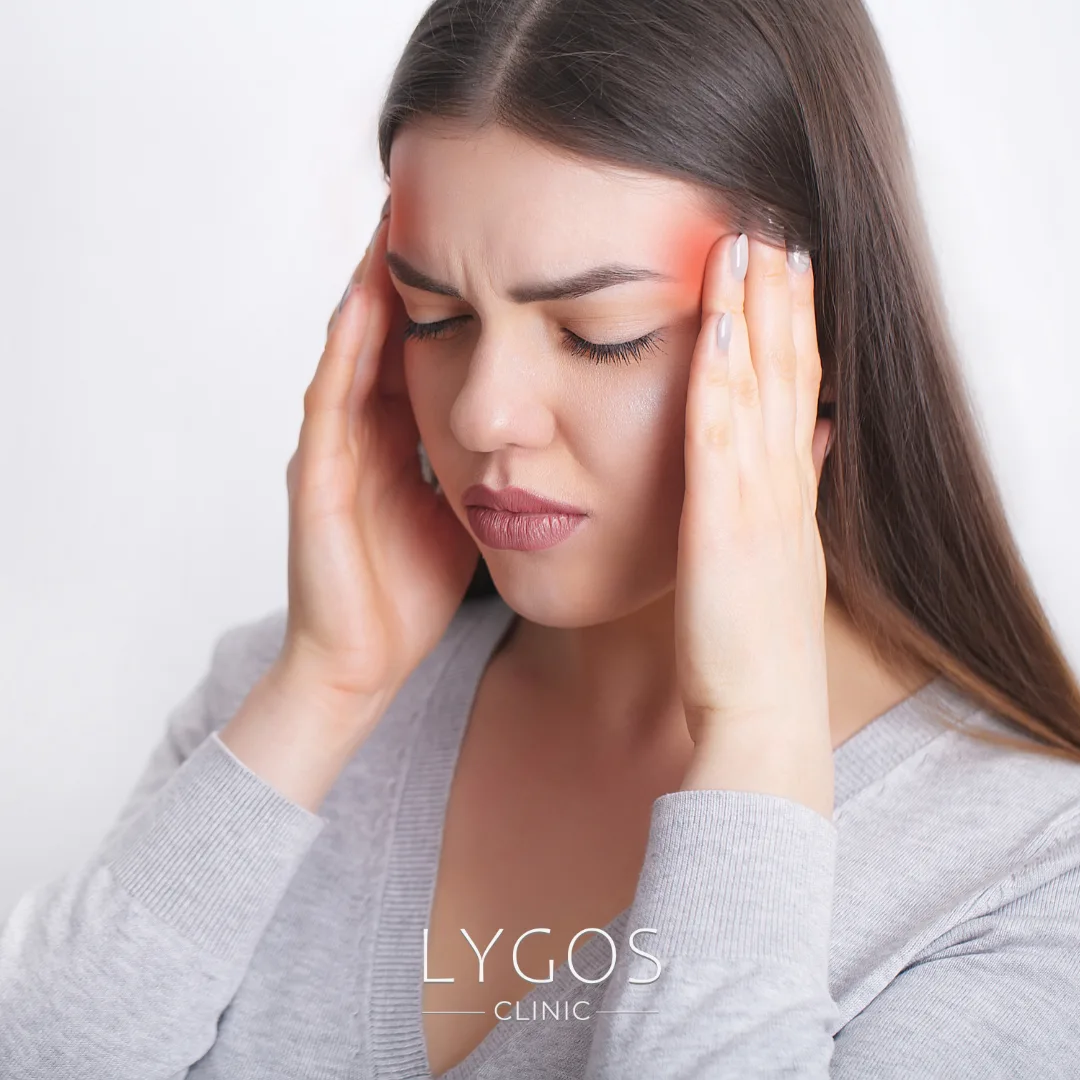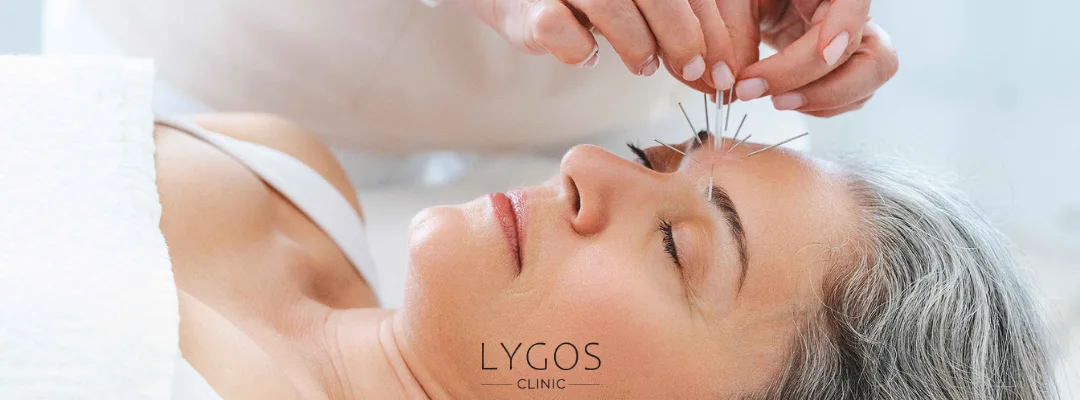What Is Good for Migraine?

Chose Your Topic
What Is Good for Migraine?
Migraine is a neurological disorder that negatively affects the quality of life of millions of people around the world. Characterized by severe headaches, sensitivity to light and sound, nausea, and vomiting, migraine can disrupt a person’s daily life. Therefore, the question “What is good for migraine?” is frequently researched by both patients and their loved ones. With the right treatment methods, lifestyle changes, and natural remedies, the frequency and severity of migraine attacks can be reduced.

What Is Good for Migraine?
The methods that help relieve migraines can vary from person to person. However, in general, the following suggestions are effective in alleviating migraine:
- Regular Sleep: Sleep irregularity is one of the most significant migraine triggers. Going to bed and waking up at the same time every day can reduce migraine attacks.
- Stress Management: Yoga, meditation, breathing exercises, and hobbies help reduce stress, which in turn helps with migraines.
- Drinking Plenty of Water: Dehydration can increase migraine attacks. Proper daily water intake has a protective effect against migraines.
- Balanced Diet: Eating regularly and avoiding certain trigger foods (e.g., chocolate, processed meats, excessive caffeine) can help manage migraines.
- Dark and Quiet Environment: Resting in a dim or dark, quiet room during an attack can help relieve the pain.
In addition to these fundamental practices, keeping a personal migraine diary to track what triggers the pain is also important. This helps provide personalized answers to the question “What is good for migraine?”
What Are the Triggers of Migraine?
Migraine has many different triggers, which can vary from individual to individual. However, in general, the following factors can trigger migraine attacks:
- Hormonal Changes: Especially in women, hormonal changes during menstruation can trigger migraines.
- Foods: Alcohol (especially red wine), chocolate, artificial sweeteners, and processed foods containing MSG (monosodium glutamate) are common triggers.
- Environmental Factors: Bright light, loud noise, and sudden weather changes may cause migraines.
- Emotional Stress: Heavy workloads, family issues, or anxiety may lead to migraine attacks.
- Fasting: Skipping meals can cause blood sugar to drop and trigger migraine pain.
- Caffeine: Both excessive caffeine consumption and caffeine withdrawal can trigger migraines.
Knowing these trigger factors provides a significant advantage in managing migraines and answering the question “What is good for migraine?”

How to Relieve a Migraine?
It may not always be possible to completely eliminate migraines. However, various methods can reduce the duration and severity of attacks. Here are some effective ways to relieve migraines:
- Medication: Under a doctor’s supervision, triptans, NSAID-type pain relievers, and some antidepressants are used to treat migraines.
- Cold Compress: Applying a cold compress to the forehead or neck can help reduce the pain.
- Darkness and Silence: Reducing sensory stimuli is very important during a migraine attack.
- Massage and Stretching Exercises: Gentle massages around the neck, shoulders, and head can help ease migraines.
- Regular Exercise: Light activities like walking, swimming, or yoga help the body release endorphins, which contribute to migraine relief.
The methods used to relieve migraines should be shaped by individual experience. Each person’s body reacts differently, so answers to “what is good for migraine” may also be discovered through trial and error.
Which Natural Remedies Help with Migraine Pain?
Natural remedies can be very useful for those who do not wish to use medication or are looking for supportive treatments. Here are some natural ways to ease migraine pain:
- Ginger: Known for reducing nausea and its anti-inflammatory effects, ginger is an effective natural remedy against migraines.
- Peppermint Oil: Applying peppermint oil to the forehead and temples with a light massage can ease migraine symptoms due to its soothing effects.
- Lavender Oil: Known for its relaxing and calming properties, lavender oil is beneficial especially when used in aromatherapy.
- Magnesium Supplement: Research shows that migraine patients may have magnesium deficiency. Therefore, magnesium supplements taken under a doctor's advice may help.
- Vitamin B2 (Riboflavin): Some studies have shown that daily riboflavin intake may reduce the frequency of migraine attacks.
- Acupressure: This traditional method involves applying pressure to certain points on the body to help naturally relieve migraines.
These methods provide non-medicated alternatives for those seeking answers to the question “what is good for migraine?”
New Methods in Chronic Migraine Treatment
Chronic migraine is a serious health issue that affects individuals who experience headaches more than 15 days a month. When traditional treatments fall short, new technologies step in:
- Botox Injections: Approved by the FDA, this method involves injecting Botox into specific areas of the forehead, neck, and head to help prevent migraine attacks.
- CGRP Antibodies: Recently developed, this class of medication targets the CGRP protein involved in migraine development. They are administered via monthly injections.
- Neural Modulation Devices: These devices emit low-frequency signals to the head area, helping to control nerve stimulation and prevent migraines.
- TMS (Transcranial Magnetic Stimulation): This technique aims to regulate brain activity using magnetic pulses and is particularly effective during the aura phase of migraines.
For chronic migraine patients, these methods offer scientific and modern approaches to answer the question “what is good for migraine?”

Alternative Medicine for Migraine
Alternative medicine includes complementary methods used alongside traditional treatments. For migraine sufferers, alternative methods may offer hope:
- Acupuncture: Based on Chinese medicine, this method involves inserting needles into specific points on the body to relieve pain.
- Homeopathy: Tailored solutions based on the individual's overall health status may help relieve migraine symptoms.
- Hypnosis: Hypnotherapy sessions conducted by a specialist can help eliminate stress and psychological factors underlying migraines.
- Herbal Teas: Calming teas such as lemon balm, chamomile, and linden may soothe the nervous system and help prevent migraines.
- Reflexology: Applying pressure to certain points on the soles of the feet can affect various parts of the body and help alleviate migraines.
These methods support traditional treatments and offer alternative answers to the question “what is good for migraine.” However, it’s important that all alternative treatments are applied under expert supervision.
What Is Good for Migraine? Frequently Asked Questions (FAQ)
Resting in a dark and quiet room, applying a cold compress, drinking plenty of water, massaging the temples with peppermint oil, and drinking a moderate amount of caffeinated beverage are among the effective home remedies. These methods may provide quick relief for many people.
Foods rich in magnesium, vitamin B2, and omega-3 fatty acids are good for migraines. Spinach, almonds, salmon, eggs, and oats are beneficial. Drinking plenty of water is also important.
Although migraine is a chronic condition, with the right treatment and lifestyle adjustments, the frequency and severity of attacks can be greatly reduced. For some people, migraines may disappear completely over time, while for others, they become manageable.
Herbal teas like lemon balm, chamomile, linden, and ginger are effective due to their calming and anti-inflammatory properties. However, those on regular medication should consult a doctor before using herbal products, as side effects may occur.



